With the first weekend now upon us, us RSI folks have a brief respite to look back and reflect on the previous week, and tremble in fear and excitement for the next 5 weeks of research. It’s worth talking specifically about the classes and lectures we have had so far, which as a whole have been (in my opinion) immensely fun and rewarding.
All of us attended 3 mandatory classes: Humanities, Statistics and Athena. Upon finding out our acceptance into the RSI program, we were also told that our required reading to be done before arriving was Shakespeare’s Hamlet. Now, I speak as someone who vehemently dislikes and avoids Shakespeare whenever possible, so this was a bit of a struggle for me. Battling the exhaustion of international travel and with an ambient track of crying babies while reading Hamlet on the plane was definitely an experience. The humanities lectures with the excellent Prof. Lance Rhoades were one of many highlights of the program. I was honestly expecting some drab, long-winded analysis of Shakespearean language, but instead the 4 lectures were intensely interactive, broad reaching, comedic and philosophical sessions of awesome. Never have I been so fascinated and engaged by complex ideas presented subtly by Shakespeare. I still don’t enjoy reading Shakespeare though.
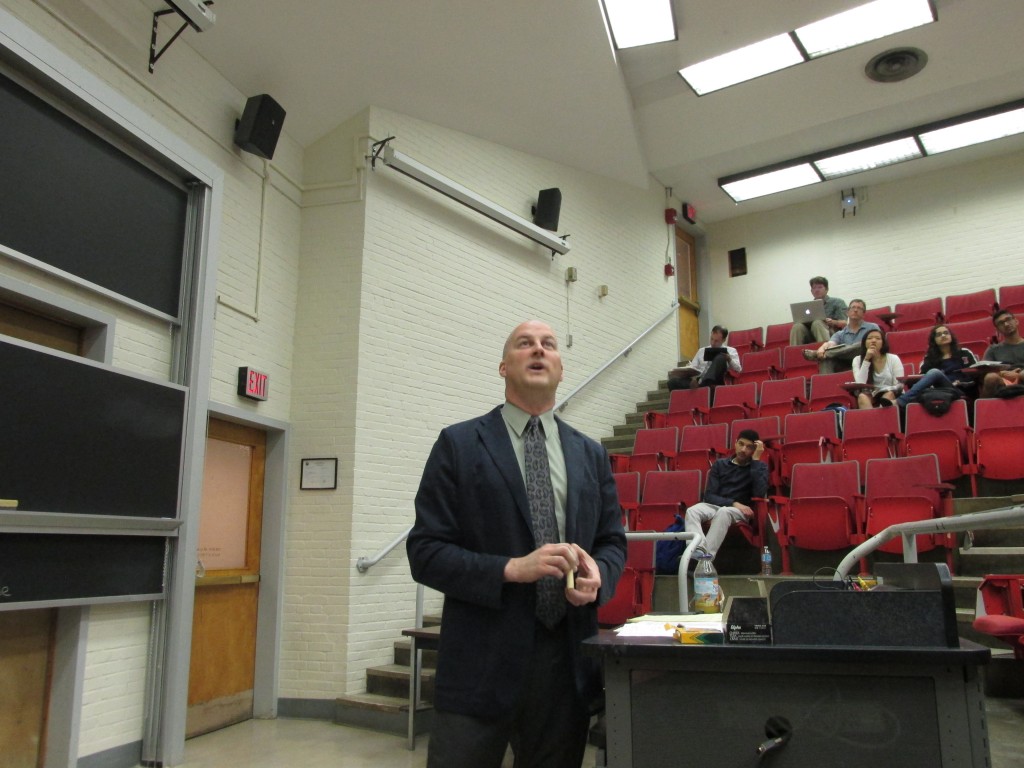
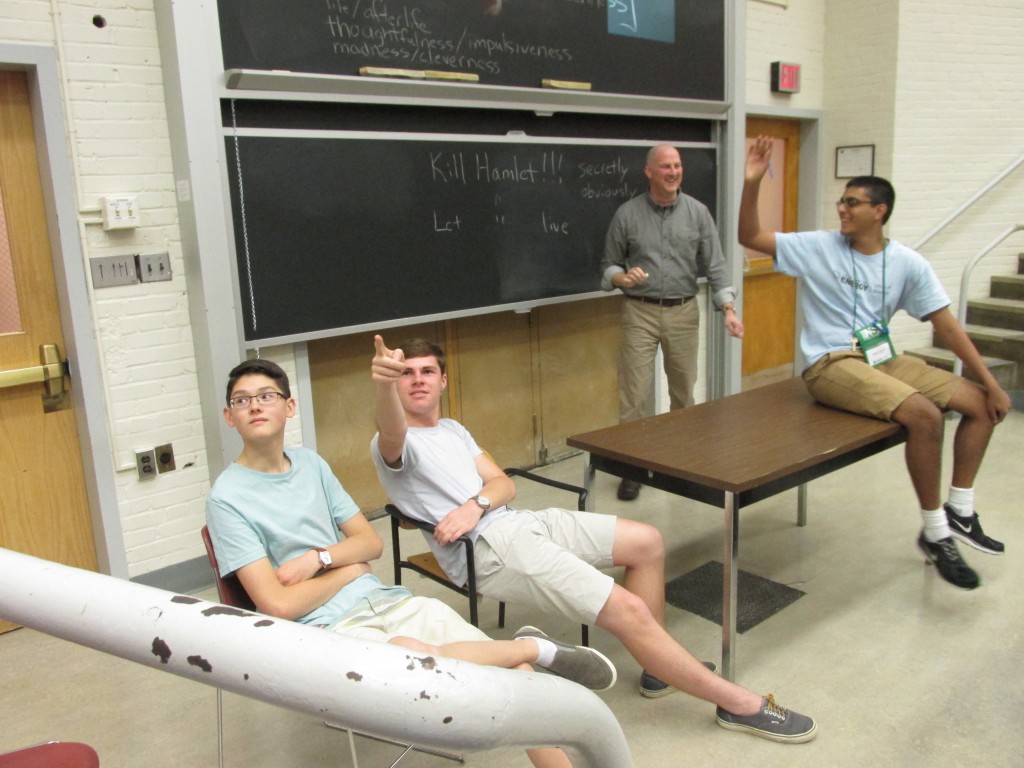
Statistics with the remarkable Alec Lai however, was an entirely different scene however. Now with my somewhat lacking background in statistics, the content kinda went straight over my head, however Alec (who is also the Assistant Director of RSI) is perhaps the most enigmatic, (un)intentionally hilarious teacher I’ve ever had. Many inside jokes and memes have now been born into fruition through the mischief and jokes that surround him. I would love to quote and reproduce many of these here, however their exclusivity to RSI 2015 and contextual nature are what makes them so great. RSI people reading this know what I mean.
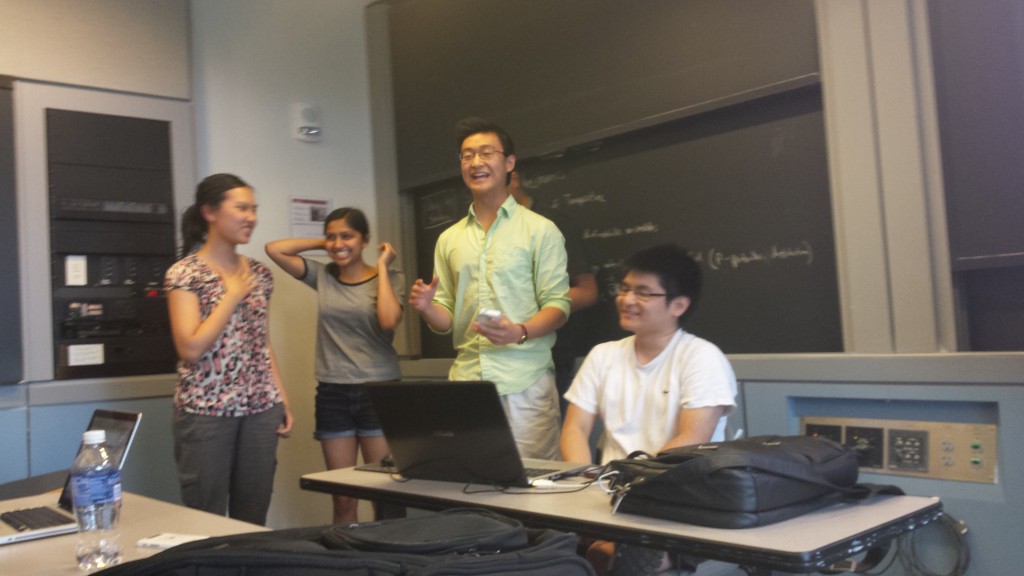
Athena, for those who don’t know, is the computer networking system at MIT. In the first week all the students attended a total of 4 classes down in the sub-level of MIT in a ridiculously difficult to find computer lab in which we learnt how to use Athena, Linux commands and most importantly – LaTeX. LaTeX is the (coding?) language used for pretty much all academic papers in universities and research these days. The idea is it focuses about the content rather than looking pretty and formatting. For people without coding experience (which for this particular group I think is a minority), it’s a challenge to learn. The end result is pretty cool, but the intensive labour and effort involved compared to a Word document is…significant. At least for me anyway. In the first week we all got Mini-Paper assignments and they had to be done in LaTeK, so…that was fun.
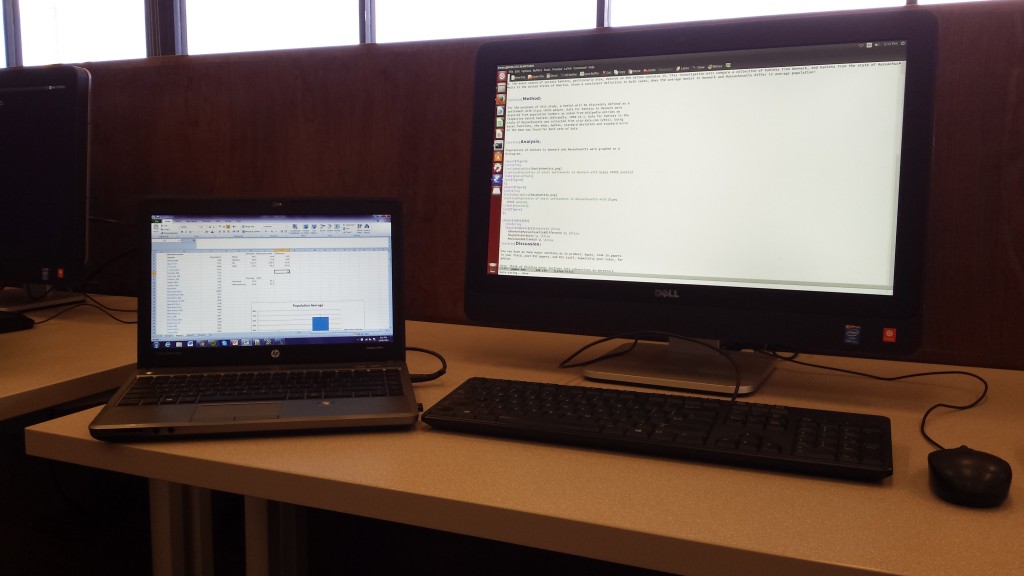
I personally had physics and maths and my optional lectures, however there was also engineering, chemistry and biology which from what I’ve heard were also really cool.
Physics was with Professor Steve Byrnes who’s a postdoc at Harvard. His speciality is with solar panels and optics, and he’s currently working on thin film optics. You can check out his website here. The physics lectures were a lot of fun for me, because physics is really my thing, and I actually understood pretty much everything which is great! It was remarkable timing, much of the subject matter, because in our most recent physics course at school we’ve been talking about transistors and circuits. It was cool learning about some advanced solar panel concepts like bandgaps, radiative recombination, the Shockley-Quiesser limit (how most solar panels are limited to 30% efficiency), Fermi-Dirac distributions and really creative ways of exceeding the Shockley Quiesser limit!
I have to say that maths was probably the most impressive of the classes however. Professor Chris Skinner from Princeton University specializes in number theory, and worked with the late John Nash (we had a whole class about Game theory to commemorate him). The other 3 lectures were “Is there math after the quadratic equation”, “Primal maths” and “What do I do?” aka. Elliptic curves. Who knew there was so much mathematics to do with elliptic curves? Thanks to Prof. Skinner, I understood just enough to appreciate the intricacy and beauty of the proofs and theorems presented. I’ve often heard of mathematicians and science describing maths as beautiful, and I agree with them to the extent that things like the golden ratio have an innate kind of harmony to them, however I never quite understood how a blackboard full of pure maths could be like that, until these lectures. The links between ideas and usage of so many different areas of mathematics was truly exciting to witness.
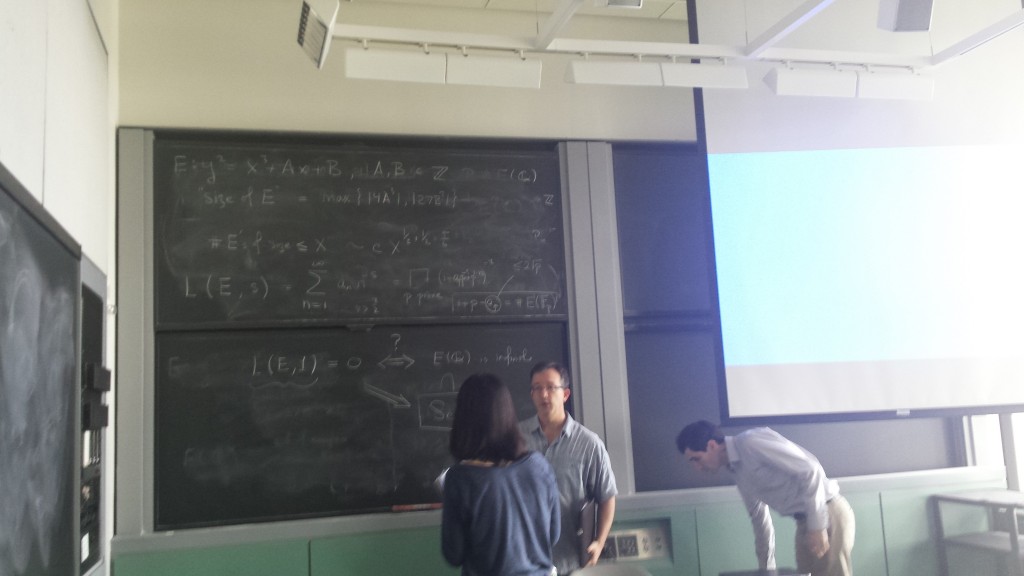
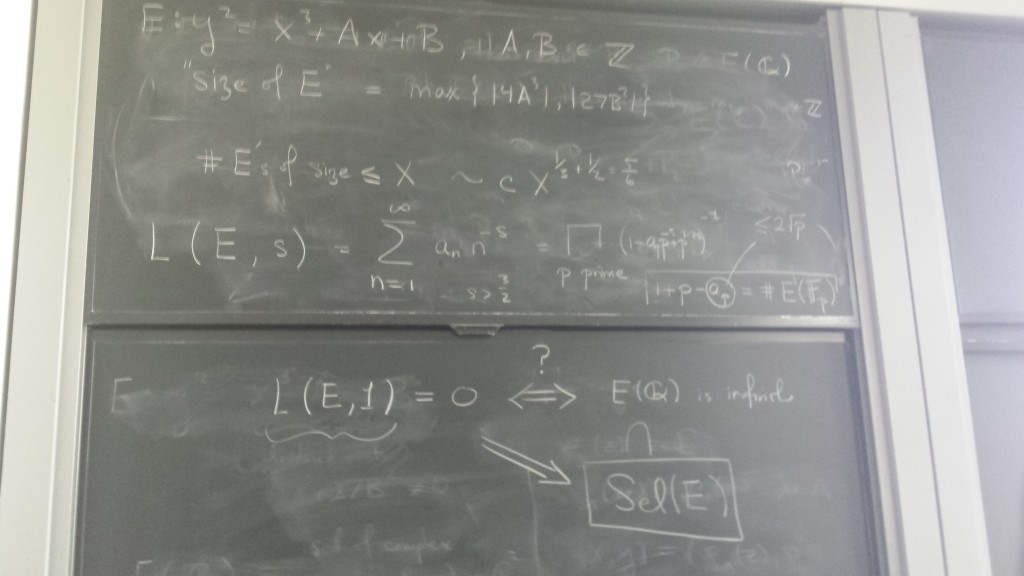
But yeah all in all, the classes and lectures were awesome fun and I’m kinda sad it was only for four days. Definitely looking forward to revisiting some of these concepts again when I go to University.
-A
Leave a Reply